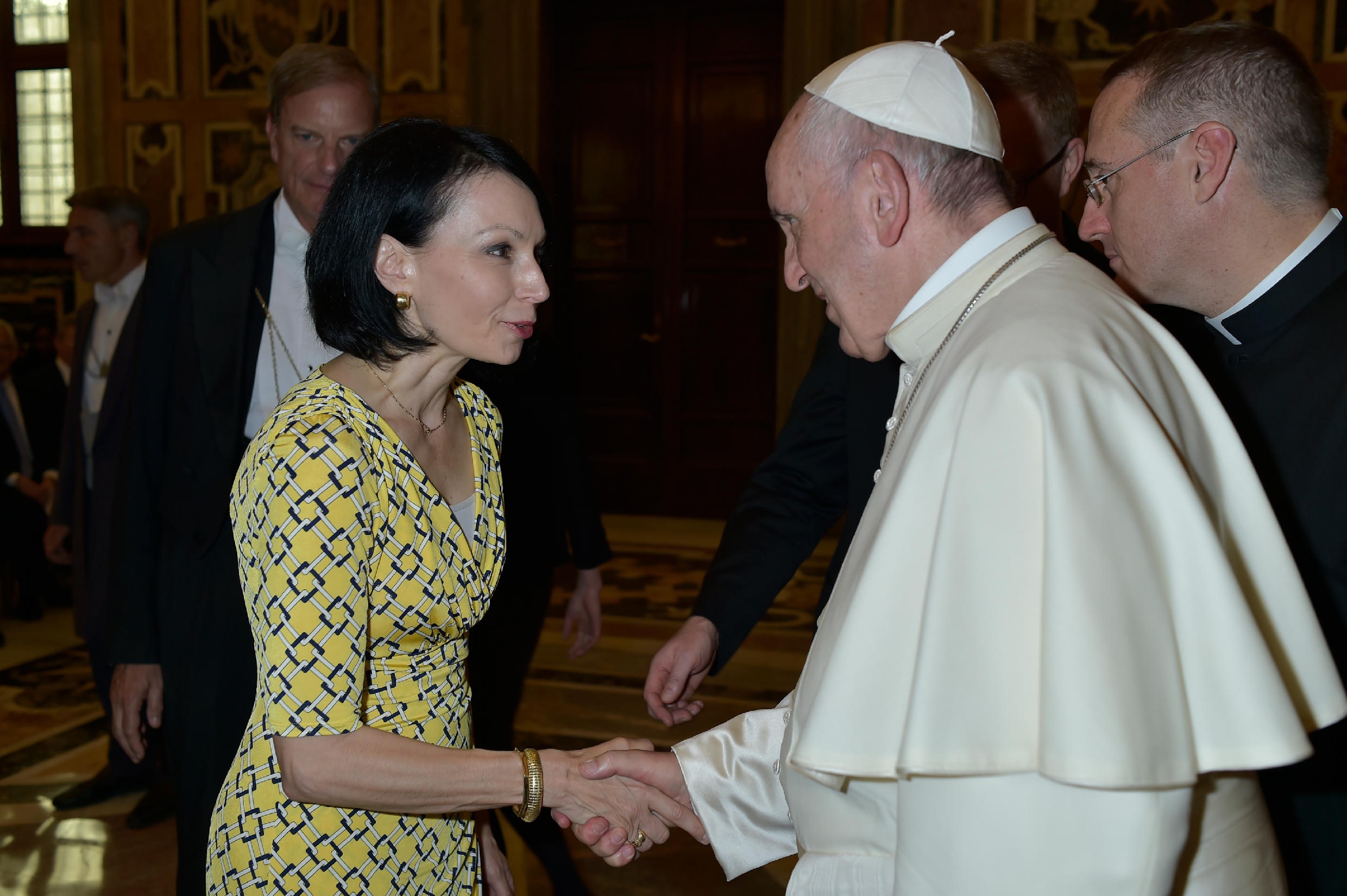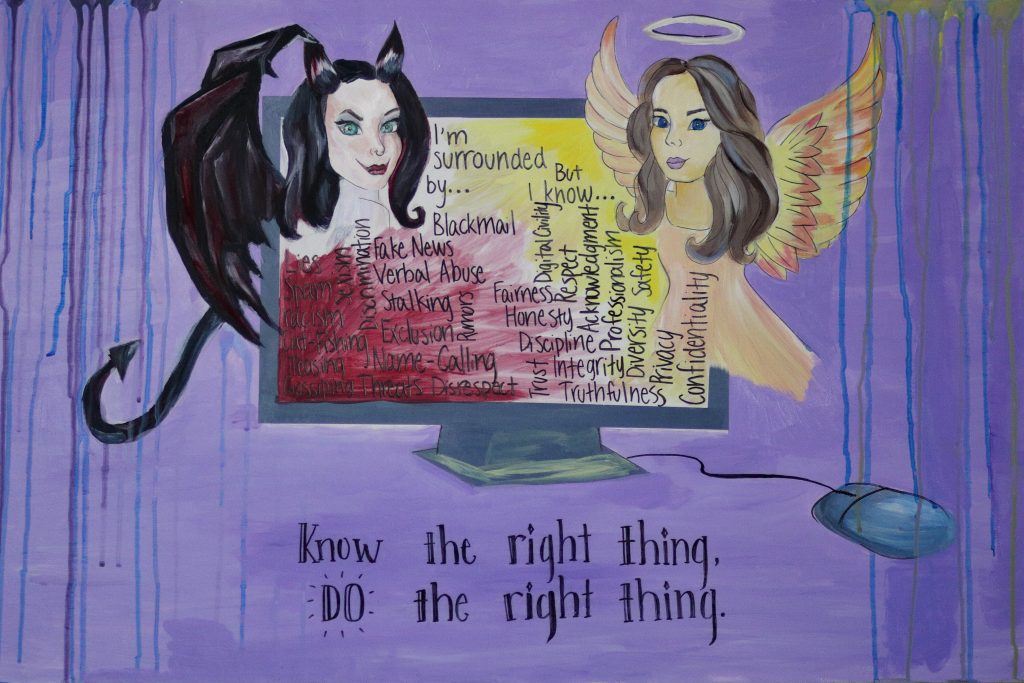2017 was another significant year in online safety at Microsoft. We launched our campaign for “digital civility,” held our first teen council summit and joined forces with others across the globe to promote safer and healthier online interactions among all people. In 2018, we hope digital civility takes even firmer root, as we expand our research and broaden the impact of our findings.
Topics like online hate speech, extremist content, the proliferation of child sexual abuse imagery, and bullying and harassment continued to dominate the headlines – and we took additional steps to protect customers, advance dialogues and collaborate across interested groups on each of these issues.

We joined the Anti-Defamation League’s new Anti-Cyberhate Technology Solutions Lab; we teamed with Facebook, Twitter and YouTube to form the Global Internet Forum to Counter Terrorism, and we participated in the first World Congress on Child Dignity in the digital age, sponsored by the Centre for Child Protection at the Pontifical Gregorian University at the Vatican. We again took part in the International Bullying Prevention Association’s annual meeting with a new focus on research and algorithmic solutions to online abuse, and we helped to shape an upcoming global campaign to prevent bullying and to inspire courage and compassion in youth as they navigate the 21st century digital world.
Safer Internet Day launches Digital Civility Challenge
This list of online ills and potential pitfalls, among others, spurred us to create our campaign for digital civility: online interactions grounded in empathy, respect and kindness. We launched the campaign on Safer Internet Day 2017, including results of research in 14[1] countries about teens’ and adults’ exposure to 17 online risks. We compiled and announced our first international Digital Civility Index, as well as our Digital Civility Challenge that calls on people around the world to pledge on social media to adopt four basic tenets of online life:
- Treat others as you would like to be treated
- Respect differences
- Pause before replying, and
- Stand up for yourself and others.
Our hope all along was that a variety of internet stakeholders would value the concept of digital civility and be inspired to create their own projects, programs and initiatives grounded in the challenge principles – and we’re starting to see just that: more groups are referencing digital civility and the need for more respectful online interactions.
Council for Digital Good embraces digital civility
To reach young people on some of these ideas, we formed our inaugural Council for Digital Good made up of 15 teens from across the U.S. Teen council members spent two days on our Redmond, Washington campus in August at our first council summit. On site, they produced individual written manifestos about acceptable online behavior, and followed with artistic and creative works to bring their written words to life. Here’s one artistic creation from Isabella, a 13-year-old from Washington state. Isabella’s painting was recommended to a competition by her school’s Parent-Teacher Association and could garner national attention. And, to think, it all started as a council project. (Note digital civility is front and center!)
Looking ahead to 2018
Next year, again timed to Safer Internet Day, on Feb. 6, we’ll release even more research on digital civility. We polled teens and adults in the same 14 countries plus nine others[2], and we’re planning further engagements for our teen council, including another in-person event next summer – this time something more public so others can meet and interact with this impressive group of young people.
As we move into the new year, we realize our focus and work on these issues is still developing and is always evolving. We are making progress individually and collectively as we collaborate with others in industry and other sectors. Still, more stakeholders need to be involved, invested and committed to making internet experiences safer and healthier. A series of recommended smart practices for promoting digital civility was another component of our 2017 release that we hope to build on in 2018. Whether you’re a newer technology company, policymaker, educator, civil society leader or parent, there’s a role for you in making the web a more positive place.
We look forward to sharing more in February and throughout 2018. Until then, visit our website and resources page on the Microsoft YouthSpark Hub. For more regular news and information, “like” us on Facebook and follow us on Twitter. Happy 2018, and remember there’s still time to take the Digital Civility Challenge!
[1] Countries surveyed: Australia, Belgium, Brazil, Chile, China, France, Germany, India, Mexico, Russia, South Africa, Turkey, the United Kingdom and the United States.
[2] Additional countries surveyed in the 2018 research are: Argentina, Colombia, Hungary, Ireland, Italy, Japan, Malaysia, Peru and Vietnam.
At the time of writing of this post, Jacqueline Beauchere’s title was Chief Online Safety Officer.

